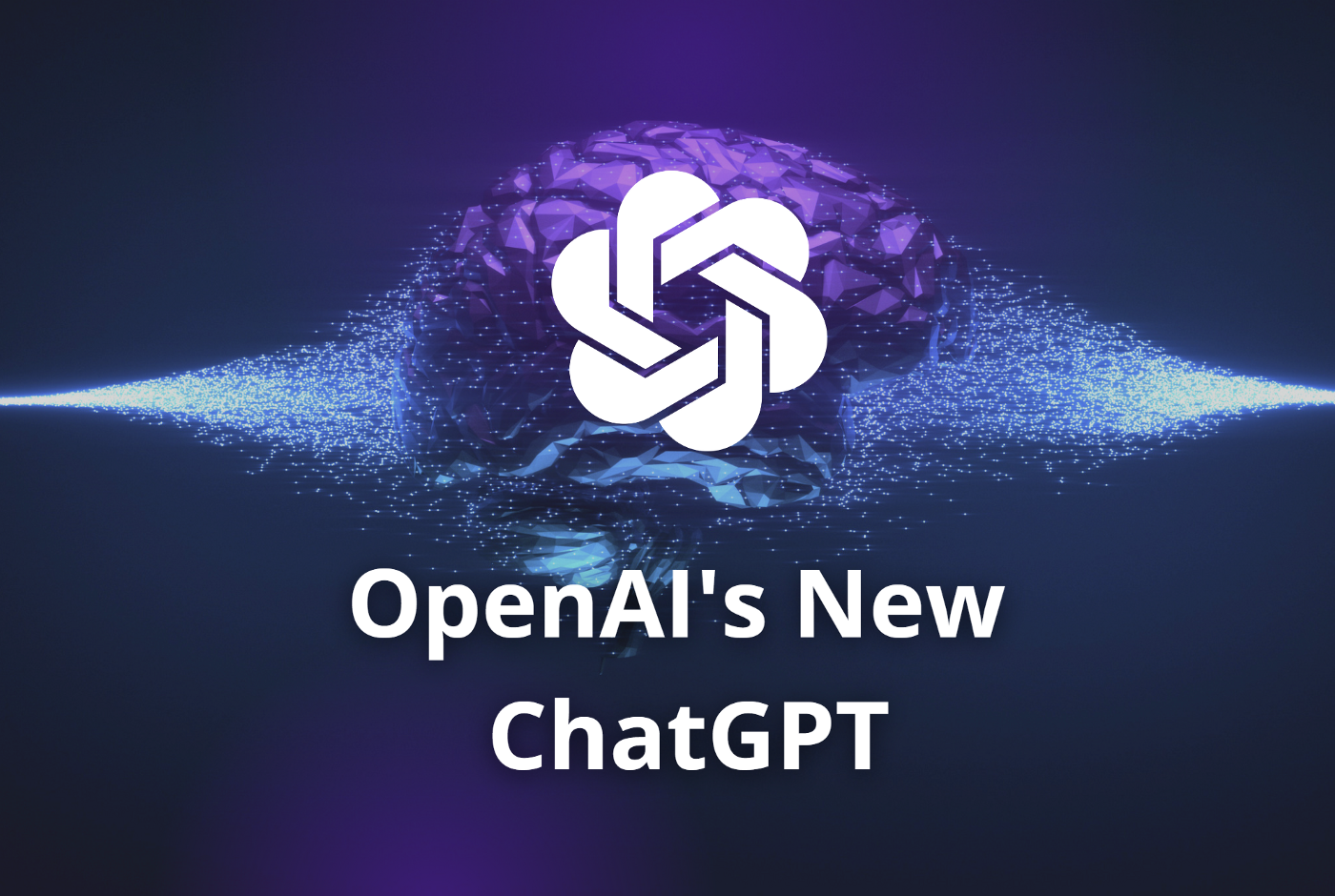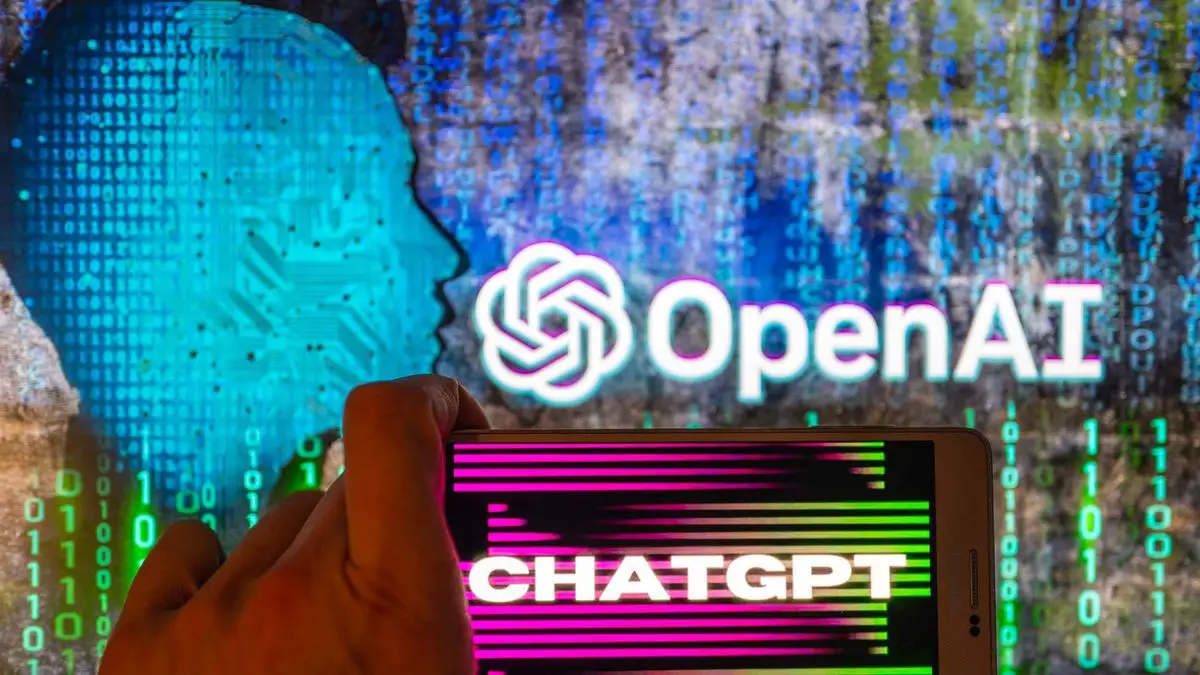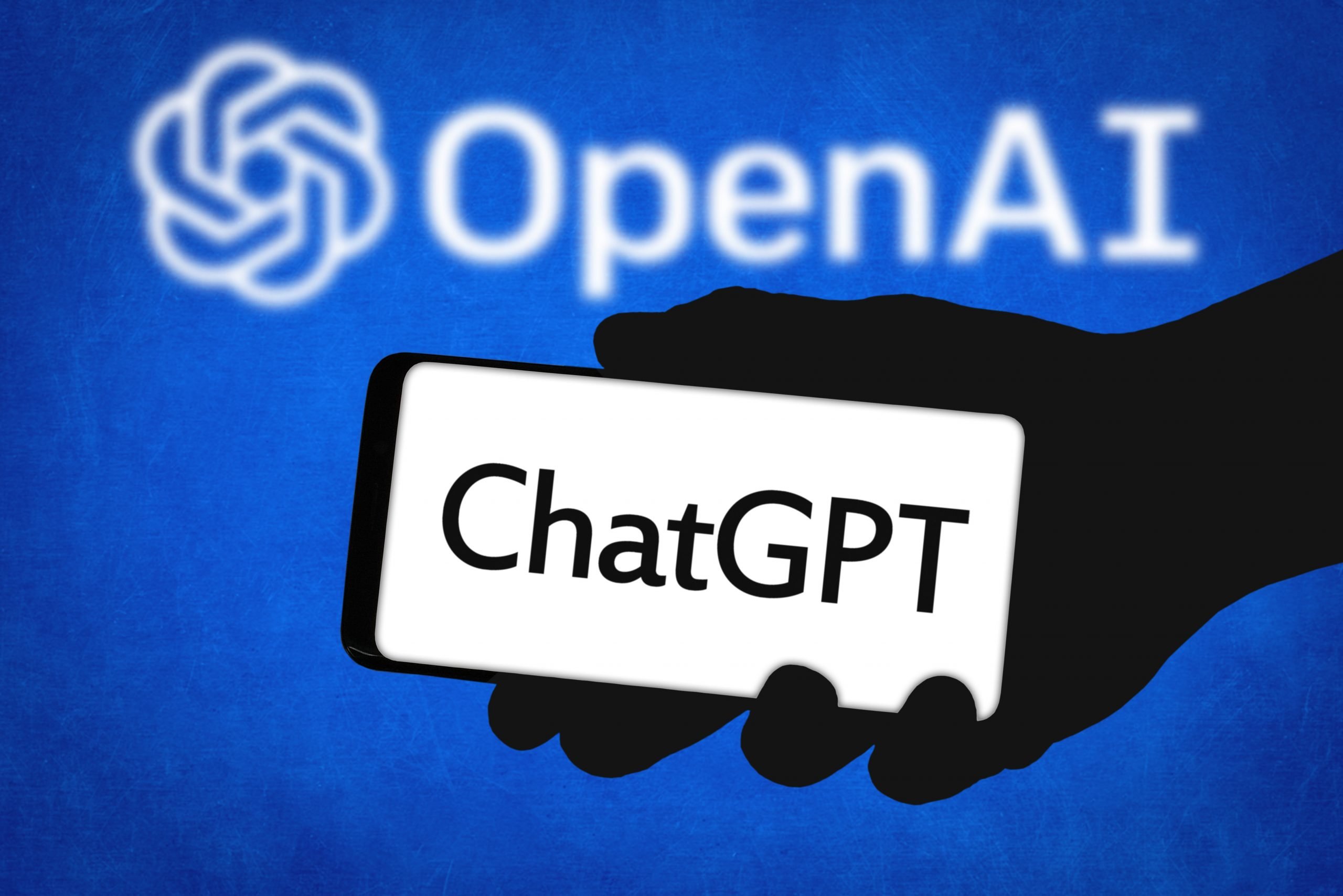Chatgpt’s Influence on Language Learning: Opportunities and Challenges

Executive Summary

ChatGPT, a revolutionary large language model, has emerged as a potential game-changer in the realm of language learning. Its unparalleled capabilities in text generation, translation, and language comprehension have opened up new avenues for language acquisition. However, the widespread adoption of ChatGPT also poses certain challenges, particularly with regard to plagiarism, misinformation, and the potential replacement of human language teachers. This article comprehensively examines the impact of ChatGPT on language learning, exploring both its transformative opportunities and the ethical concerns it raises.

Introduction
In the rapidly evolving landscape of education, technology has become an indispensable enabler. Artificial intelligence (AI) in particular has made significant inroads into the field of language learning, offering novel approaches and augmenting traditional methodologies. ChatGPT, developed by OpenAI, stands out as a prime example of AI’s transformative potential in this domain.
FAQs
1. What is ChatGPT?
ChatGPT is a highly advanced language model that has been trained on a vast corpus of text data. It possesses the ability to generate human-like text, translate languages, answer complex questions, and engage in conversational dialogue.
2. How can ChatGPT be used for language learning?
ChatGPT can be utilized in a myriad of ways to enhance language learning, such as:
- Personalized learning: Tailoring content and exercises to match individual learning styles and goals.
- Interactive practice: Engaging in simulated conversations and receiving immediate feedback on pronunciation, grammar, and vocabulary.
- Cultural immersion: Accessing authentic language materials from various cultures to foster cultural understanding.
3. What are the limitations of using ChatGPT for language learning?
While ChatGPT offers numerous benefits, it is important to acknowledge its limitations:
- Potential for plagiarism: Students may be tempted to use ChatGPT to generate essays or other assignments, raising concerns about academic integrity.
- Accuracy and reliability: ChatGPT’s responses are not always accurate or reliable, and users should exercise caution when relying on its information.
- Replacement of human teachers: The widespread adoption of ChatGPT could potentially lead to a diminished role for human language teachers, depriving students of the personalized guidance and cultural insights they provide.
Subtopics
1. Personalized Learning
ChatGPT’s ability to generate tailored content and exercises enables personalized learning experiences that cater to individual needs and goals.
- Adaptive content: Adjusts difficulty levels and provides exercises based on the learner’s progress and fluency.
- Customized feedback: Provides detailed and personalized feedback on pronunciation, grammar, and vocabulary, identifying areas for improvement.
- Goal-oriented learning: Helps learners set specific language goals and tracks their progress towards achieving them.
- Self-paced learning: Allows learners to progress at their own pace, without the constraints of a traditional classroom setting.
2. Interactive Practice
ChatGPT’s conversational capabilities offer an immersive and interactive language learning environment.
- Simulated conversations: Engages learners in realistic conversations with ChatGPT, providing practice in listening, speaking, and responding.
- Pronunciation feedback: Analyzes the learner’s pronunciation and provides feedback to improve accuracy and fluency.
- Grammar correction: Identifies and corrects grammatical errors in the learner’s responses, enhancing their understanding of grammar rules.
3. Cultural Immersion
ChatGPT grants access to a wealth of authentic language materials from diverse cultures, fostering cultural understanding and appreciation.
- Authentic texts: Provides access to books, articles, and other texts written by native speakers, exposing learners to real-world language usage.
- Cultural insights: Offers information about cultural customs, traditions, and history, enriching the learner’s understanding of the target culture.
- Cross-cultural communication: Facilitates interactions with native speakers through simulations and online forums, promoting cultural exchange and empathy.
4. Ethical Considerations
The widespread use of ChatGPT in language learning raises a number of ethical concerns, including:
- Plagiarism: ChatGPT’s ability to generate text raises concerns about plagiarism and the potential for students to use it to cheat on assignments.
- Misinformation: ChatGPT’s responses are not always accurate or reliable, and users must exercise caution when relying on its information.
- Replacement of human teachers: The widespread adoption of ChatGPT could potentially lead to a diminished role for human language teachers, depriving students of the personalized guidance and cultural insights they provide.
5. Conclusion
ChatGPT, with its advanced language capabilities, has the potential to revolutionize language learning. It offers a wealth of opportunities for personalized learning, interactive practice, and cultural immersion. However, it is crucial to address ethical concerns related to plagiarism, misinformation, and the potential replacement of human teachers. By leveraging the strengths of ChatGPT while mitigating its limitations, educators can create transformative language learning experiences that empower learners and foster their lifelong language acquisition journey.
Keyword Tags
- ChatGPT
- Language Learning
- AI in Education
- Personalized Learning
- Cultural Immersion

